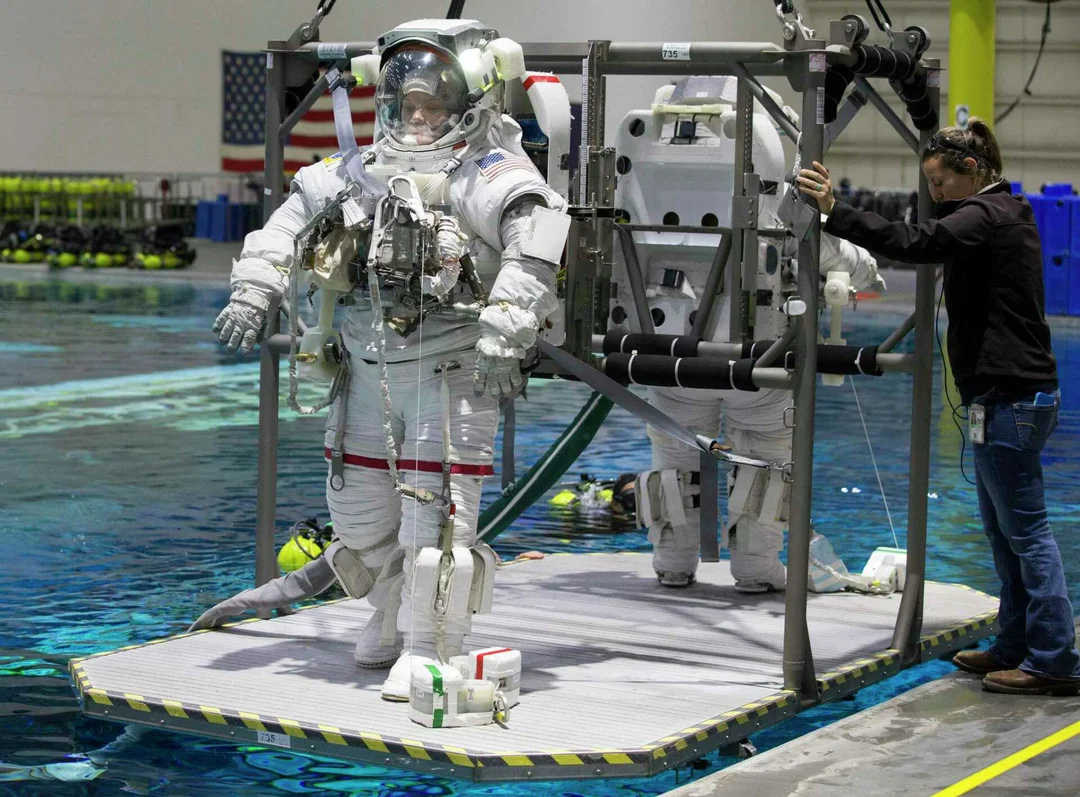
Texas Aims for the Stars: Senator Cornyn’s MARS Act to Boost NASA’s Mars Mission Readiness
Is NASA's Johnson Space Center ready for the challenges of a mission to Mars? U.S. Senator John Cornyn believes it needs a significant upgrade, and he's pushing for it with the "Mission to Modernize Astronautic Resources for Space (MARS) Act." This new piece of legislation aims to inject $1 billion into revitalizing the Houston-based facility, positioning Texas at the forefront of human spaceflight research and ensuring NASA is equipped for future long-duration missions to the Moon, Mars, and beyond.

Introduced recently, the MARS Act directly addresses concerns raised in a National Academies report about the aging infrastructure at NASA. The proposed funding targets several crucial areas within Johnson Space Center (JSC), including upgrades to astronaut training facilities, the Mission Control Center itself, spacecraft simulation labs, and various research centers. Senator Cornyn emphasized the significance of the Act, stating, "Throughout history, America has pioneered human space exploration and boldly charted the path into the great unknown. I am proud to lead this legislation to not only send humans back to the moon, but to the next frontier of Mars, where technological advancements and untold scientific discoveries await."
The specifics of the MARS Act outline a comprehensive modernization plan. It proposes allocating the $1 billion over the next decade to: enhance astronaut flight training facilities and aircraft; modernize Mission Control to effectively support crews operating beyond low-Earth orbit; improve the Neutral Buoyancy Lab for advanced training and defense collaboration; repair and update vital sample research labs; and construct a brand new space food systems laboratory. Furthermore, the bill acknowledges the need for essential maintenance at JSC, allocating funds for HVAC renewals, electrical upgrades, asbestos mitigation, and roof repairs.

This legislative push aligns seamlessly with efforts from Texas Governor Greg Abbott's Texas Space Commission, demonstrating a unified commitment to solidifying the state's prominent role in space exploration. It also echoes President Trump's past call to "conquer the vast frontiers of science" and "lead humanity into space and plant the American flag on the planet Mars and even far beyond."
However, the MARS Act's path to becoming law remains uncertain. Having been referred to the Senate Committee on Commerce, Science and Transportation, chaired by Senator Ted Cruz, the bill's fate hinges on securing broad support. Concerns regarding competitiveness with China's rapidly advancing space program are also fueling the urgency behind this initiative, as Senator Cornyn highlighted the need to maintain U.S. leadership in the face of increasing global competition in space exploration.
Ultimately, the MARS Act represents a significant investment opportunity in NASA's capabilities and the future of human space exploration. Will this legislation provide the necessary boost to equip NASA for the monumental task of sending humans to Mars? What impact will this modernization have on the broader space industry and the ongoing space race? Share your thoughts and opinions in the comments below.